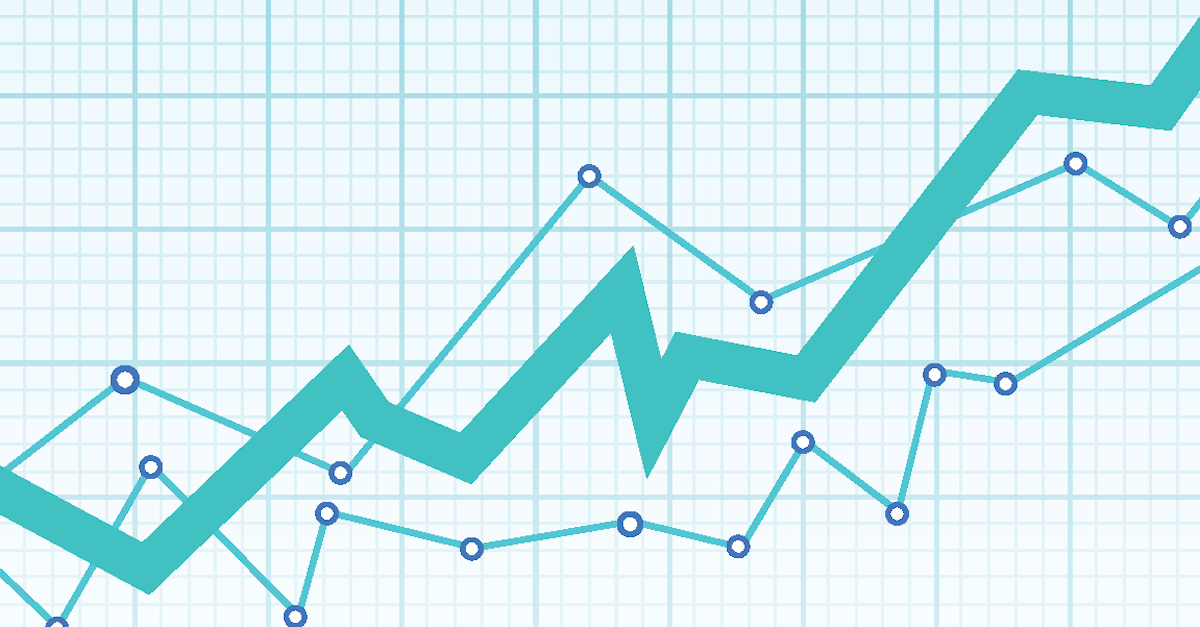Security News

Worried about identifiable personal data from your coronavirus contact-tracing app making it into a British government database? Fear not! The Ministry of Defence is sanitising it all first. Public fears are already running high after official COVID-19 contact tracing app maker NHSX's CEO admitted to Parliament that data harvested by the app would be retained after the pandemic ends for "Research".

Worried about identifiable personal data from your coronavirus contact-tracing app making it into a British government database? Fear not! The Ministry of Defence is sanitising it all first. Public fears are already running high after official COVID-19 contact tracing app maker NHSX's CEO admitted to Parliament that data harvested by the app would be retained after the pandemic ends for "Research".

Microsoft is warning of a coronavirus themed malware distribution campaign with a bit of a twist. We're tracking a massive campaign that delivers the legitimate remote access tool NetSupport Manager using emails with attachments containing malicious Excel 4.0 macros.

Utah, North Dakota and South Dakota were the first U.S. states to launch voluntary phone apps that enable public health departments to track the location and connections of people who test positive for the coronavirus. Nearly a month after Utah launched its Healthy Together app to augment the state's contact-tracing efforts by tracking phone locations, state officials confirmed Monday that they haven't done any contact tracing out of the app yet.

A broad-based campaign group has written to UK health secretary Matt Hancock calling for greater openness in the government's embrace of private-sector tech companies contracted to provide a data store and dashboards as part of the NHS response to the COVID-19 outbreak. Campaign groups including Liberty, openDemocracy and Privacy International have now written to Hancock saying that promises of openness about the role of multiple private-sector tech firms in handling the health data of millions of UK citizens have not been fulfilled.

A broad-based campaign group has written to UK health secretary Matt Hancock calling for greater openness in the government's embrace of private-sector tech companies contracted to provide a data store and dashboards as part of the NHS response to the COVID-19 outbreak. Campaign groups including Liberty, openDemocracy and Privacy International have now written to Hancock saying that promises of openness about the role of multiple private-sector tech firms in handling the health data of millions of UK citizens have not been fulfilled.

Microsoft this week announced that it has made some of its COVID-19 threat intelligence available to the public. The number of attacks targeting organizations and individuals worldwide using coronavirus lures has increased dramatically over the past several months, and Microsoft says it wants to help even those who do not use its threat protection solutions.

Phishers are incessantly pumping out COVID-19 themed phishing campaigns and refining the malicious pages the targets are directed to. "Credential phishing attackers often tailor their email lures with themes they believe will be the most effective and use general websites for actual credential harvesting. The recent move to create custom COVID-19 payment phishing templates indicates that buyers view them as effective enough to warrant custom tactics to harvest credentials," Proofpoint researchers have noted.

The telecommunications, retail and financial services industries have been increasingly impacted by COVID-19 online fraud, according to TransUnion. "Given the billions of people globally that have been forced to stay at home, industries have been disrupted in a way not seen on this massive of a scale for generations," said Shai Cohen, Senior VP of Global Fraud & Identity Solutions at TransUnion.

"Healthy Together" app uses a raft of location data, including GPS, cell tower triangulation and Bluetooth, to pinpoint users and ID coronavirus hotspots. The state of Utah has settled on a contact-tracing mobile app that collects detailed user location information to track the spread of COVID-19 among citizens - eschewing the API model proposed by Apple and Google in April.